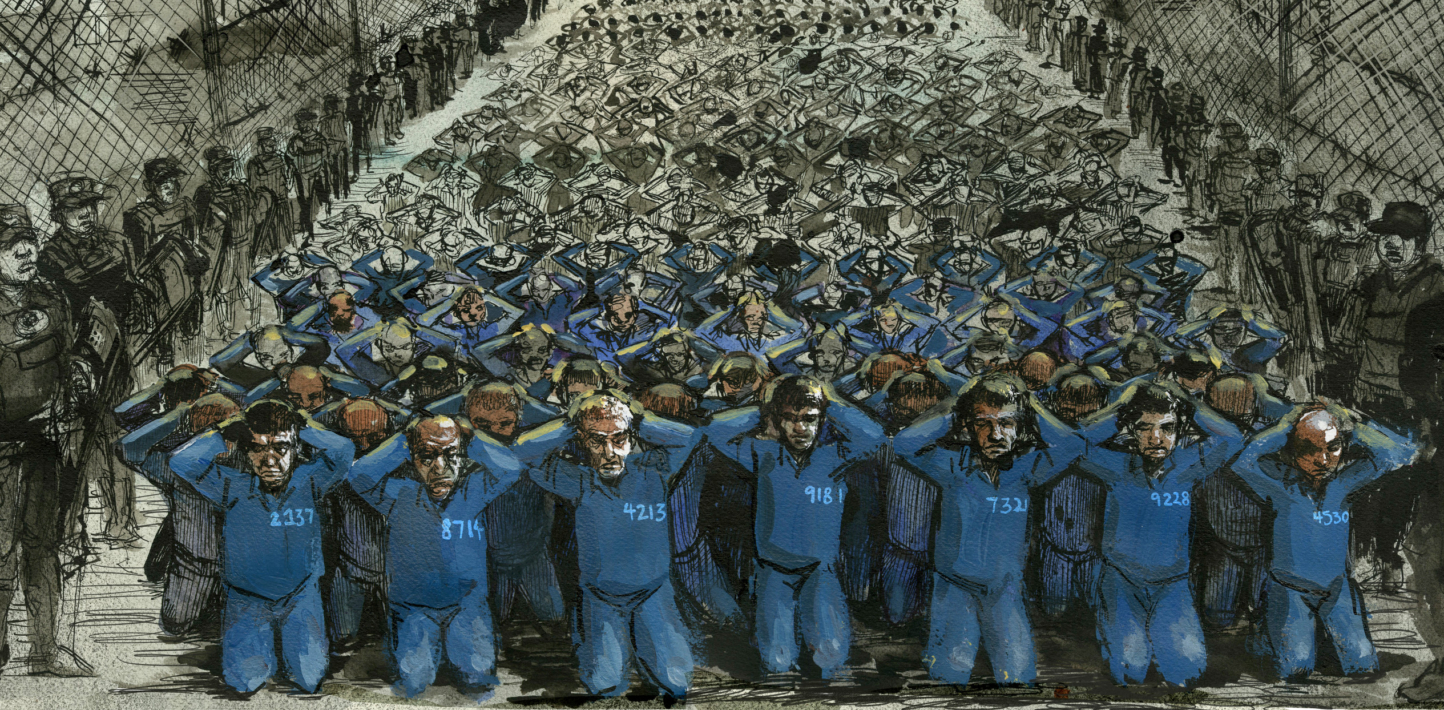which they established during their expansion from ancient history (Greek and Roman), through the Middle Ages, inside and outside the European continent, up to modern and contemporary history.
The significance of this research lies in its focus on a profoundly humane issue, and because it sheds light on the extreme cruelty that prisoners suffered in the Greek and Roman eras, and in Latin Europe. It examines the methods and tools of torture employed, the types of prisons, the role of churches and clergy in the torture process, and subsequently turns out the psychological impacts resulting from the extent of human oppression and the responses of humanist thinkers, the dilemma of conscience and morality. It also shows what happened in detention and torture camps in European history during the Middle Ages, also during the Crusades and the Spanish Inquisition. In addition to that, the research extends to modern and contemporary colonialism in Africa, North Africa, and Asia, where actions often exceeded the limits of inhumanity. A notable challenge in this research was the scarcity of sources and references, which provide historical material, either intentionally or unintentionally.





Comments